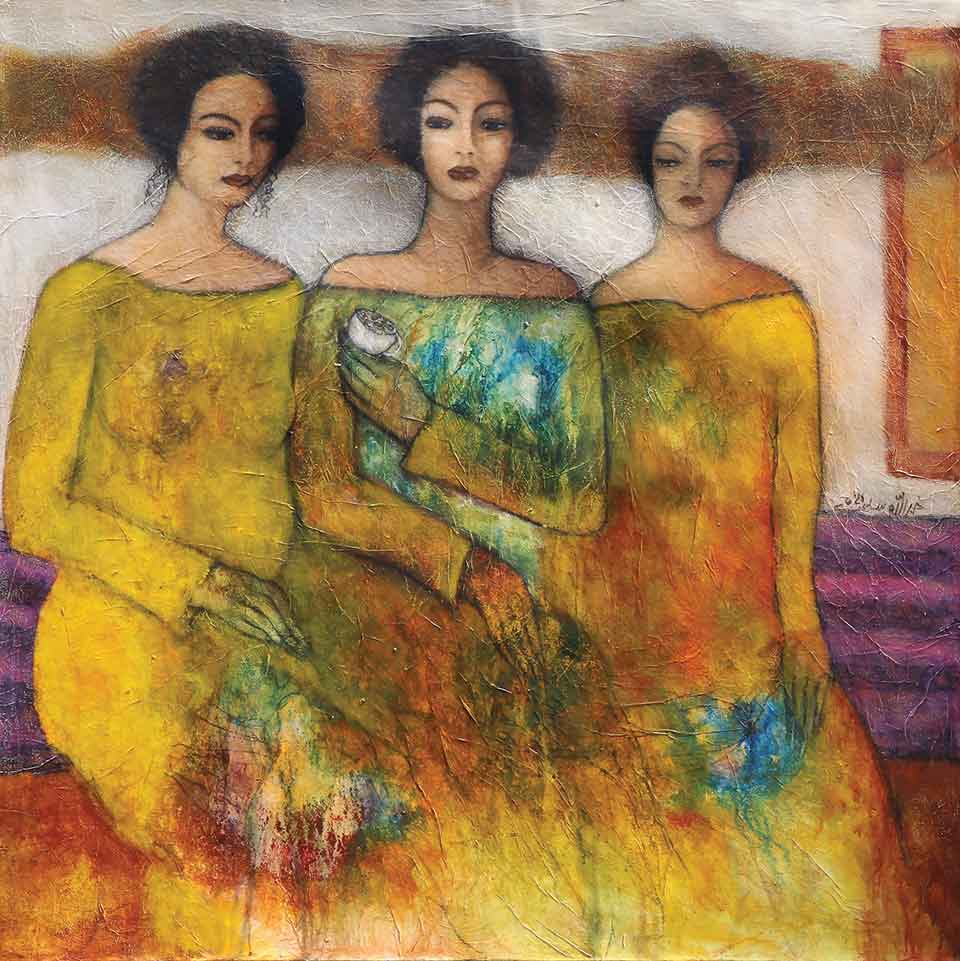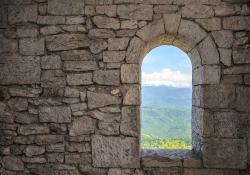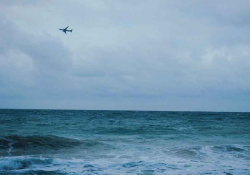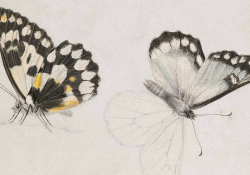Poem in Four: Stranger Than Fiction: Stories from Palestine

Scene 1 – Operation Sperm in Womb
Think of her
As they loosen your chains
As they lower you down
As the soles of your feet
Touch the bloodstained ground
Think of her
As they tie you naked
To the interrogation chair
After the waterboarding
As you gasp for air
Think of her
After the beating
Think of her
After the torture
Think of her
Alone in your cell
Think . . . think . . . think . . . think . . . think . . .
Of her
Then empty the seeds of your love into the candy wrapper
Think of him
Wrapper concealed in the folds of your dress
Armed guards pushing you back into the bus
Visiting hours are over but hope stretches past
The dogs that bark . . . the dogs that shoot and the dogs that watch
Think of him
As the women gather in your house
Think of him
As they beat on the drums, sing and dance
Think of him
As they swap stories of love and romance
Think of him
As you lay down on your bed think of him
As you part your legs think of him
As you unfold the candy wrapper
Think . . . think . . . think . . . think . . . think . . . think . . .
Of him
Then bask in the glory of the immaculate conception
Scene 2 – A Secret for Two
Two hands embrace through the iron bars
His eyes search hers for answers
Did you
We did
Am I
We are
Her words were silent whispers
I carry the promise of you
Locked up in the deep of me
A secret savored for fleeting moments
In a world of eternity
He serenaded her
The mother of his child to be
I dance for you on the edge of hope
And when the wind blows through me
I vow to play my heart for you
A tender symphon
Scene 3 – Waiting
I wait for you
I wait for him
I wait for him in you
For his curls in your hair
For his brown in your eyes
For his pearls in your smile
For his love in your embrace
For his courage in your heart
For his stubbornness in your footsteps
And his tenderness in your caress
I wait for you
I wait for him
I wait for him in you
I pass the time watching children play
Between walls and watchtowers
I pass the time waiting at checkpoints
I wait and wait for hours
I pass the time counting curfews
Counting night raids
Counting gas canisters rubber bullets and martyrs
I pass the time squinting at the sky
searching the sky for answers
I pass the time waiting
I wait for a glimpse of you
I wait for you
I wait for him
I wait for him in you
Scene 4 – The Birth – Case #70
This is not how I imagined it would be
Legs parted on the blood-soaked dirt
Strangers rolling up my skirt
Hands pulling down my undies
Guns and phones pointing at me
UN observers counting indignities
They write me down
They write down me
They write me down . . . a number
I’m case #70
Sixty-nine women before me
Not one . . . not two . . . not three
I inhale strength and sumud
And exhale their cruelty
I’m not a stray animal left on the dirt
That ambulance they block is for me
I booked a hospital room
I decorated a nursery
I even prepared a music playlist
To reduce my anxiety
But all of this is out of reach
I’m case #70
I push . . . I push . . . I push
Can I have some privacy?
I inhale the wisdom of a thousand matriarchs
And the patience of a million refugees
And I exhale fear and tyranny
I inhale the scent of lemon
The fragrance of jasmine
The warmth of your skin
The tenderness of your flesh
Finally slipping out of me
I exhale this spectacle of inhumanity
I exhale the tears and anger
This is not how I imagined it would be
I’m case #70
I breathe you in
And breathe everything out
Until they fade into nothingness
Until you and I are all there is
and all there is . . . is you and me
I wrap you in my headscarf
And whisper in your ear a prayer
May you grow steadfast
You are the messiah
Your conception is defiance
Immaculate like divinity
Sweet like resistance
Like sumud’s sanctity











